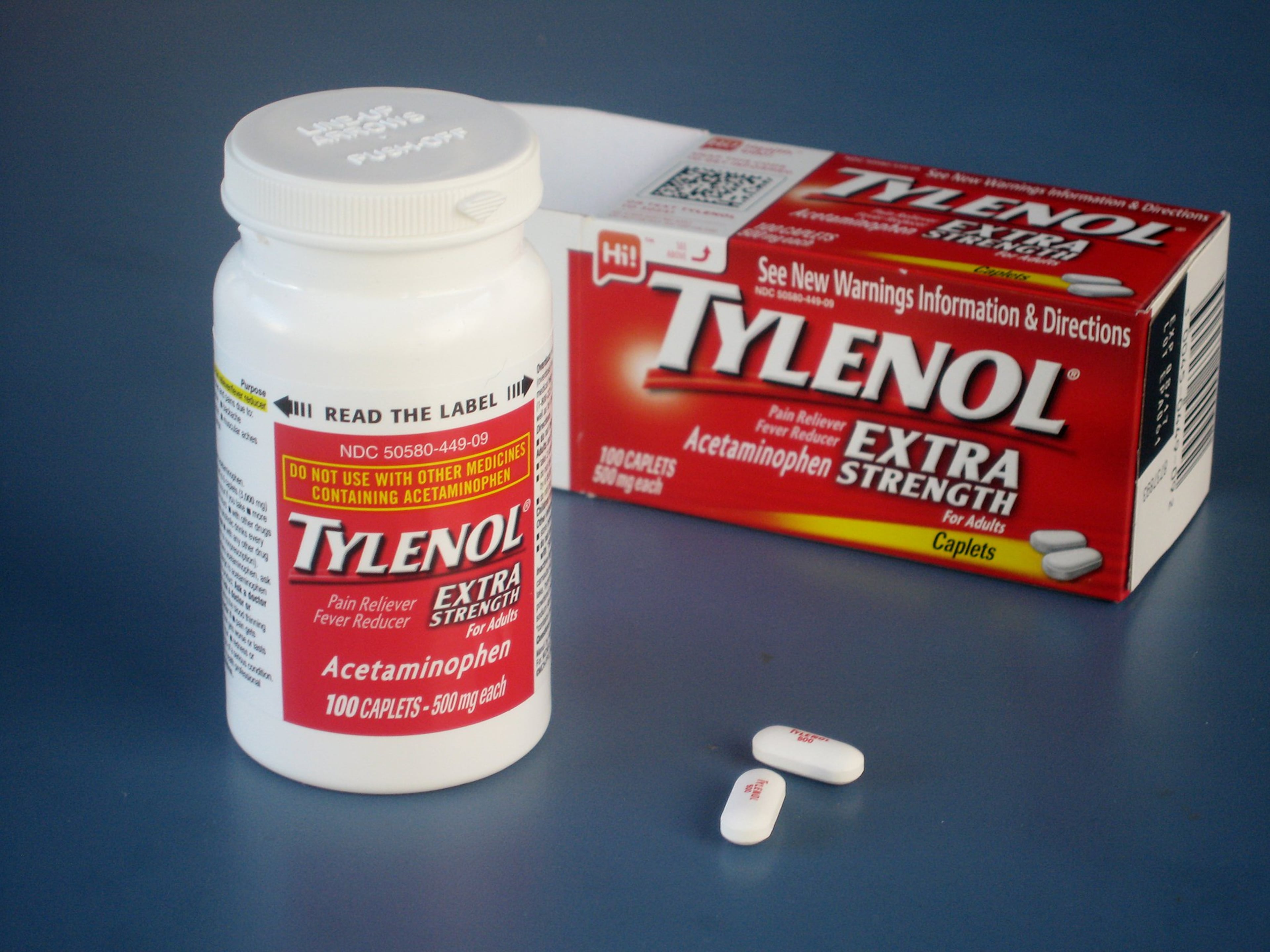8 self-care strategies to get you through your flu symptoms
Tis the season —for the flu.
The CDC has reported "widespread" flu activity in the entire continental U.S. this year, and added that there are more serious cases of flu than usual due to H3N2, this year's main flu strain.
If you've been exposed within the past one or two days and are now experiencing symptoms that hit suddenly and range from sore throat and runny nose to fever, chills and muscle aches, odds are, it's on.
It's probably hard to imagine while you're feeling like death on a bad day, but there are ways to alleviate flu symptoms a bit and boost your immunities against another onslaught. You probably won't need to start your regimen with a trip to the doctor, either, according to Mayo Clinic expert Dr. James M. Steckelberg
He indicated that ordinarily healthy people who are younger than 65 and aren't pregnant can "take care of yourself at home rather than going to your doctor."
Here are the self-care flu steps Steckelberg and other medical experts recommend if you think you have the flu but don't want to go to the doctor:

Take acetaminophen or ibuprofen to reduce fever and aches. Examples include Tylenol, Advil, Motrin IB and other versions of either drug. It's important to note Steckelberg's warning against giving products that contain aspirin to children, or to young adults recovering from chickenpox or flu-like symptoms. Drugs that contain aspirin have been linked to Reye's syndrome, a rare but potentially life-threatening condition, in such children.
Skip the antihistamines and sip instead. When you've got the flu, your respiratory track works hard to expel the invading viruses along what Dr. Linda B. White calls "a veritable 'Slip 'n Slide' of mucus." The assistant professor in the Health Professions Department at Metropolitan State College of Denver, White told Mother Earth News that it's better to thin the mucus (so it's easier to blow your nose) than to dry it out with an over-the-counter antihistamine.
"The best way to thin mucus secretions is to add water to your system by drinking warm liquids, especially herbal teas and soup broth," she noted. Steckelburg also recommended drinking lots of clear liquids, like water and broth.

Get lots of rest. Don't just sleep a lot the first day and then hope to carry on: rest as long as you continue to feel tired, which could be quite a few days. Sleep as much as you can.
Get steamed. White also recommended a steam shower for easing flu symptoms. If you don't have access to one, her second choice was a stovetop approach. You bring a quart pot of water to a boil, take it off the stove and then hold your face a comfortable distance from the steam. Cover your head with a towel. "Inhale through your nose if you're stuffy, or through your mouth for chest congestion, White advised.
Add herbs to the steam. If you want to boost the benefits of the steam, consider adding a handful of decongesting, antimicrobial herbs to the water, covering the pot and letting the herbs steep for 10 minutes. Herbalist Mindy Greens suggested eucalyptus, thyme, rosemary or peppermint leaves in Mother Earth News.
Wind down and warm up in a hot bath. Taking a warm bath will relax your aching muscles and combat your chills, White advised. For added benefits, strain the herbs you steeped as you inhaled the steam into the tub, or add five to eight drops of juniper, marjoram or ginger essential oils. "Disperse the oils well before climbing in," White added. And be cautious with the essential oils: Green advised against using essential oils for small children or pregnant women.
Try a special flu eating plan. "The trick with the flu is to maintain hydration and energy intake, which can be especially tough if you're also feeling nauseated," Dr. Pam Peeke, told Prevention. She suggested small sips of clear liquids until you're no longer feeling queasy. Once your stomach can handle food, she suggested meals including oatmeal and banana for breakfast; fresh-pressed juice or kefir for snacks; cocounut water or ginger tea for drinks and a strawberry almond milk smoothie for dinner.
Stay home. Until your fever's alleviated for 24 hours, you can easily infect others. So stay home from work, school and other public places, and tell your boss the Mayo Clinic said so.
